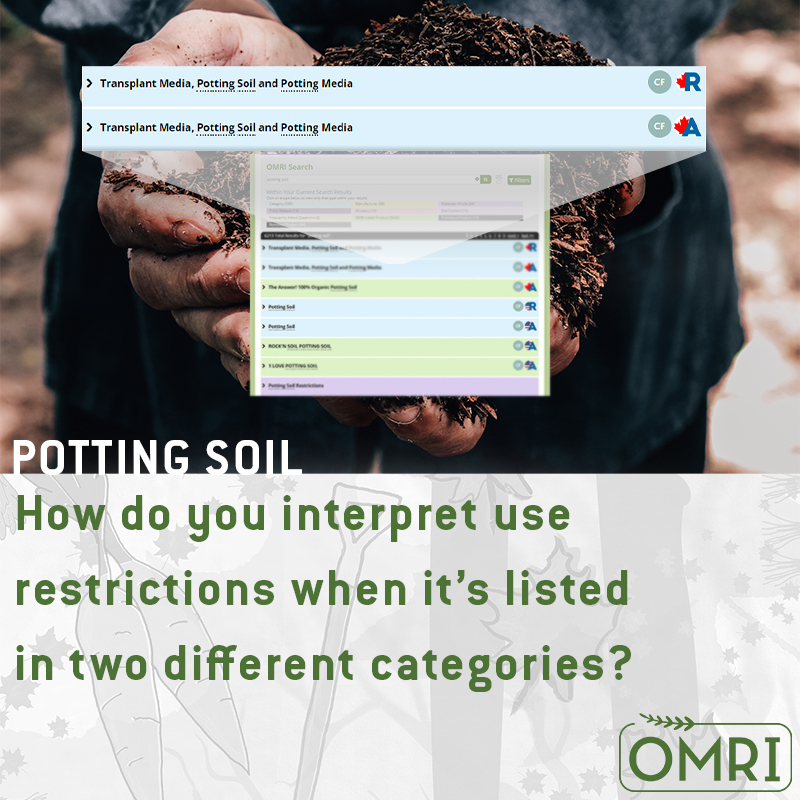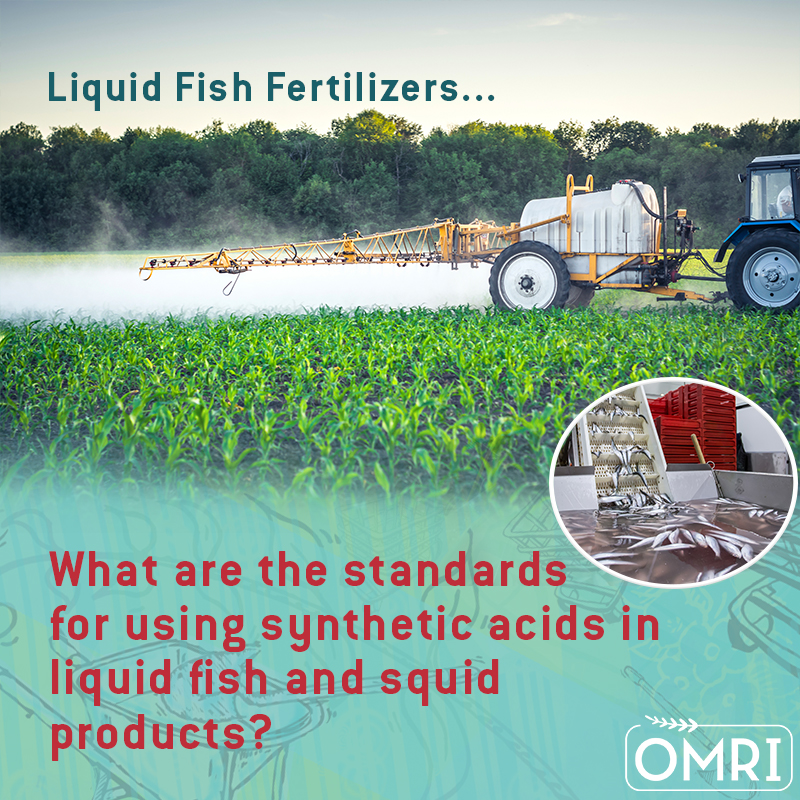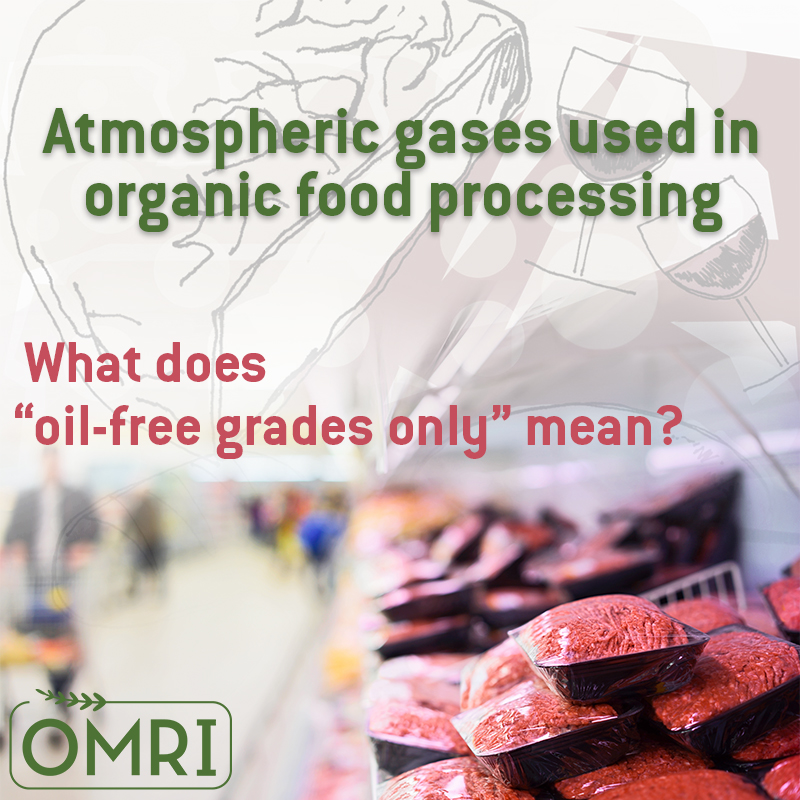
Looking for complete background information on a particular topic? You’ve come to the right place!
Browse OMRI’s articles, or contact us to suggest a topic. Don’t forget that subscribers receive the complete OMRI newsletter with the latest reports, delivered quarterly.
My cows have ox warble flies. What tools, practices, or products are available to certified organic dairies?
By Brian Baker
Warble flies (Hypoderma bovis and Hypoderma lineatum) lay their eggs on the rumps and hind legs of cattle in the spring. When the eggs hatch, the grub larvae burrow under the skin. The burrowing damages the hide, irritates the cattle, and with severe infestations can cause a drop in milk production. Cultural management...
Insights from OMRI’s Founders on its 25th Anniversary
By Matt Sircely
OMRI Executive Director Peggy Miars hosted a video forum last year featuring five of OMRI’s founders. In celebration of the 25th Anniversary of OMRI’s inception, we again invited the founders to consider lessons learned and advice to keep in mind as OMRI looks toward the next quarter century.
Founding OMRI Board Member Emily Brown Rosen describes “when there was no national...
Copper products such as copper sulfate are considered “Allowed with Restrictions” in organic farming. The annotation on the National List states that they “must be used in a manner that minimizes accumulation of copper in the soil.” How can they be applied so that copper won’t accumulate?
As an elemental contaminant, copper is prone to build up in the soil after repeated use, resulting in phytoxicity and damage to soil organisms, especially in orchards and vineyards. Plants and soil organisms differ widely in their tolerance...
What forms of sulfur dioxide can be used to make wine from organically grown grapes? In particular, can potassium metabisulfite be used?
By Brian Baker
Sulfur dioxide (SO2) is a gas at standard temperature and pressure. It appears on the National List at §205.605(b), which permits its use so long as it is limited to the production of wine labeled “made with organic grapes,” provided that the total sulfite concentration does not exceed 100 parts per million (ppm). SO2 can be delivered as a gas...
Is hydrogenated corn oil allowed as a pesticide inert?
By Katherine Rola
Both organic and conventional agricultural practices utilize pesticides to prevent damage and losses due to...

What forms of iodine are used as topical disinfectants?
By Brian Baker
The antiseptic properties of iodine have been recognized since at least 1830, when the first iodine tincture was registered with the U.S. Pharmacoepia. The form that is active as an antimicrobial is molecular iodine (I2). However, molecular iodine is highly reactive in its pure...
Why can’t OMRI Listed® ingredients be blended and marketed as OMRI Listed without undergoing review?
By Amanda Kerr
Only products reviewed by OMRI and determined to be allowed for use in organic production may market themselves as “OMRI Listed.” The OMRI Listed seal assures the suitability of products for certified organic production, handling and processing under the...
 How can I interpret restrictions for a potting soil when it’s listed in two categories?
How can I interpret restrictions for a potting soil when it’s listed in two categories?
By Jennifer Christie
To organic producers and certifiers, an input’s OMRI Listed® seal and certificate indicate that the product has undergone a rigorous independent review process. Understanding how to interpret an OMRI...
 I know the National Organic Program (NOP) rule allows liquid fish and liquid squid products to be pH adjusted with some acids. What are the standards for using synthetic acids in liquid fish and squid products?
I know the National Organic Program (NOP) rule allows liquid fish and liquid squid products to be pH adjusted with some acids. What are the standards for using synthetic acids in liquid fish and squid products?
By Amber Lippert
NOP §§205.601(j)(8) and 205.601(10) state that liquid fish products and liquid squid products, respectively, can be pH adjusted using...
I’ve been puzzled by what is meant about “oil-free grades” for the atmospheric gases oxygen and nitrogen. Why are those annotations there, and how does one verify if there is an oil-free grade?
The U.S. organic rules permit the use of nitrogen and oxygen gases in organic food processing, but places a restriction on their origin to “oil-free grades” only. Older...








